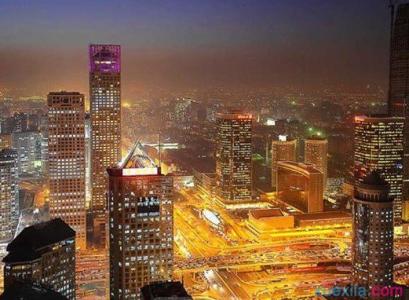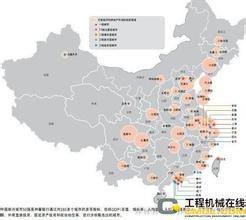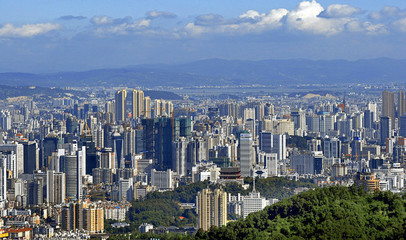名词解释:二线城市已经开始越来越有吸引力,环境的改善,人才的聚集及高消耗量和配合政府所建立的完善设施与快捷的高速公路。二线城市的崛起会带动三线城市快速发 展。二线城市多数都是中东部地区的省会城市、沿海开放城市和经济发达的地级市。从现代的城市意义上讲,这些城市往往有一定的经济基础,商业活跃度相对强,对大公司、大品牌和优秀人才有一定的吸引力,它们也正在或者即将成为未来几年大公司布局的重点。你知道怎么用英语表达吗?
Nearly half of student respondents (48.8%) hoped to work in second-tier cities, such as the provincial capitals, while only 14% favored mega cities like Beijing or Shanghai, according to a survey by an organization under the Youth League Committee of Beijing.
The team collated the answers from 15,000 valid questionnaires filled out by college students across the country.
National policies (37.9%) were the most influencing factors for graduates seeking employment, followed by housing prices (30.7%).
北京市团委下属的一家机构日前发布调查称,近半数(48.8%)接受调研的大学生表示希望去省会城市这样的二线城市工作,仅有14%的人表示希望去北京、上海等大城市。
此次调研面向全国的大学生,共收到1.5万份有效问卷。
国家政策成为影响大学生就业的最主要因素,占37.9%,其次是房价(30.7%)。
【讲解】

文中的second-tier city就是“二线城市”的意思,其中tier作名词,意为“等级,层级;一排,一层”,如:the highest tier of society (社会的最上层),a three-tier wedding cake(3层的结婚蛋糕)
第二段中的valid是形容词,意为“有效的”,如:valid evidence(有效的证据);其反义词为invalid(无效的,无用的),如:Their marriage is invalid. (他们的婚姻是无效的。)
 爱华网
爱华网



